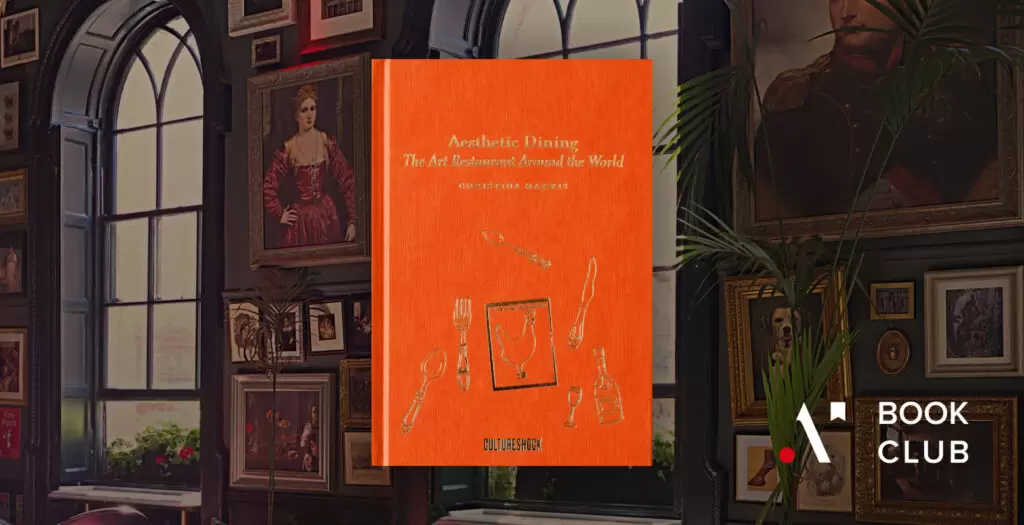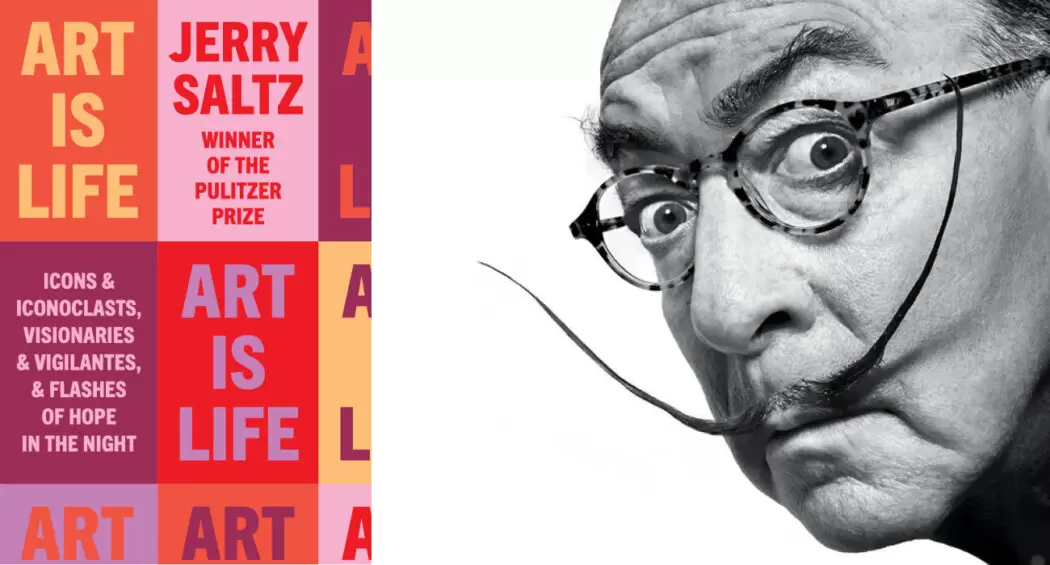Developments to Watch in the NFT Market
Berlin-based art advisor Adam Szymanski shares key NFT market trends for collectors, from Bitcoin Ordinals to Layer 2 blockchains.


Adam Szymanski is a .ART user (www.AdamSzymanski.art) and an art advisor based in Berlin, Germany. In this guest article, he shares his expertise regarding the NFT market for collectors. He’s also compiled a complimentary list of glossary terms which you can read in parallel here.
Developments to Watch in the NFT Market
The last couple of years have been a difficult time for tokenized digital art. After a major surge in 2021 when NFTs first came into common consciousness, the valuations of on chain art collections dramatically compressed and have been languishing ever since. However, the final quarter of 2024 is an interesting time for the NFT market, as it eyes a comeback on the heels of a potential cryptocurrency bull run spurred on by the lowering of interest rates and an increase in global liquidity. As a special contribution to the art.art blog, I’ve put together a curated list of the top five NFT market developments to watch going into 2025 and beyond.
Will Bitcoin Ordinals Continue to Gain Mindshare?

Boozy, Pizza Ninja 1 | Inscribed Pizza Uncommon (2024) 267,560,000,000,000
There has been one shining star during the NFT winter and that’s Bitcoin Ordinals and the Ordinals marketplace, Magic Eden. Ordinals allow for users to inscribe images directly onto satoshis, the smallest units of Bitcoin. This phenomenon has led to a greater appreciation for rare satoshis, which in turn have become sought after sites for artists to inscribe their work.
At Sothbey’s Bitcoin Ordinals: Sat Hunting sale earlier this year, the leading lot Pizza Ninja 1 sold for $139,700, multiples above its high estimate of $30,000. The profile picture animation is inscribed on a rare Satoshi from the famous Bitcoin pizza transaction in 2010.
A couple of months prior in January, at Sotheby’s Natively Digital: An Ordinals Curated Sale, the Gensis Cat of Taproot Wizards by the artist FAR (Francisco Alarcon) sold for $254,000, smashing its high estimate of $20,000.
Vivid Gallery is now also bringing successful generative artists like Harto into the Ordinals ecosystem. Whether this gains traction and Bitcoin evolves into an enduring hub for artistic inscription will be a key development to watch.
Will More Mega Galleries Get Involved?
During the first wave of NFT adoption, Pace Gallery released one of the most impactful series of tokenized digital art featuring artists such as Trevor Paglen, A.A. Murakami and John Gerrard. Under its NFT wing, Pace Verso, the gallery partnered with ArtBlocks and PROOF to anchor itself within the web3 art scene. The collections sold out and brought the glamour and allure of Manhattan to Ethereum’s cypherpunk milieu.

A.A. Murakami, Floating World Genesis (2022). Art Blocks x Pace.
The releases from pace Verse have since slowed to a halt, and the other mega galleries are yet to make a serious foray into NFTs. Gagosian did a companion show to Urs Fischer’s NFT exhibition CHAOƧ #1–#500 in 2022, but otherwise David Zwirner and Hauser & Wirth have remained notably sidelined.
If any of the mega galleries decide to make a more concerted effort to release tokenized art, or if Pace Verso resumes its activity with renewed vigor, then it could provide the momentum needed to onboard new users into the web3 ecosystem and reignite enthusiasm in the market.
Who Are the Next Star Artists to Come on Chain?

Marina Abramović, The Hero 25FPS, example NFT, 2022; Courtesy: CIRCA and the artist.
During the last cryptocurrency market cycle, art world celebrities such as Damien Hirst and Marina Abramović released NFTs to varying degrees of success. Hirst found an audience on Ethereum with The Currency – a conceptual project about the value of art that drew from the aesthetic established in his spot paintings. Meanwhile, Abramović attempted a blockchain performance with The Hero 25 FPS where collectors could purchase tokenized still images and put them together to make a proto-cinematic moving image which partially recreates her video art work The Hero from 2001. Despite the originality of the effort and her large following, the collection on Tezos struggled commercially.
A key development to watch out for from today’s vantage point is which star artist will be next to drop an NFT collection. Jeff Koons’ Moon Phases has been anticipated for a long time now. I anticipate that NFT collections are due to become a default area of production for the art world’s biggest stars, and that time could be just around the corner if the price action in the crypto markets start to garner popular attention yet again.
Will Layer 2s Attract Art Collectors?
Over the last 24 months, layer-2 scaling solutions have reshaped the Ethereum ecosystem. Now, these layer-2 blockchains such as Optimism, Arbitrum, and Base handle the bulk of transactions and give users the opportunity to pay pennies for gas. It remains to be seen whether or not these chains will catalyze new art collecting activities, or whether artists and their collectors will feel more comfortable remaining on the Ethereum mainnet to which they have grown accustomed.
If one layer-2 blockchain looks primed for the flourishing of an art collecting culture, it is Coinbase’s Base chain. One possibility is that Base, like Tezos, turns into a hub for unrepresented and emerging digital artists while Ethereum remains the preferred choice for higher value artworks. If layer-2s succeed in onboarding more users, they will likely reinforce the central position of Ethereum in the web3 ecosystem and could cement the canonicity of the major generative artworks that launched on Ethereum in 2021 and 2022. How art market participants adopt the layer-2 infrastructure, if at all, will be essential to watch in order to know how and where art will be collected on chain going forward.
Will Digital Art Correlate to Digital Assets?
The final development that I will be watching closely this market cycle, and perhaps the most important of all, is whether or not the price action of cryptocurrencies will impact the price of digital art. If so, then savvy strategies for collecting digital art will need to consider the blockchain on which an artwork is tokenized, and the value of that blockchain’s underlying cryptocurrency.
It is a tangible possibility that high quality collections that are priced in either Bitcoin, Ether or SOL, will exhibit correlation to these cryptocurrencies as they continue along their trajectory of exponential growth and as cryptocurrency investors move profits into art.
__________________________________________________________________________
If you are interested in starting a digital art collection or acquiring rare and valuable works of digital art that can’t be found on the NFT marketplaces, contact Adam Szymanski through his website at www.adamszymanski.art
Be sure to follow him on X @adszymanski for regular art market updates.






